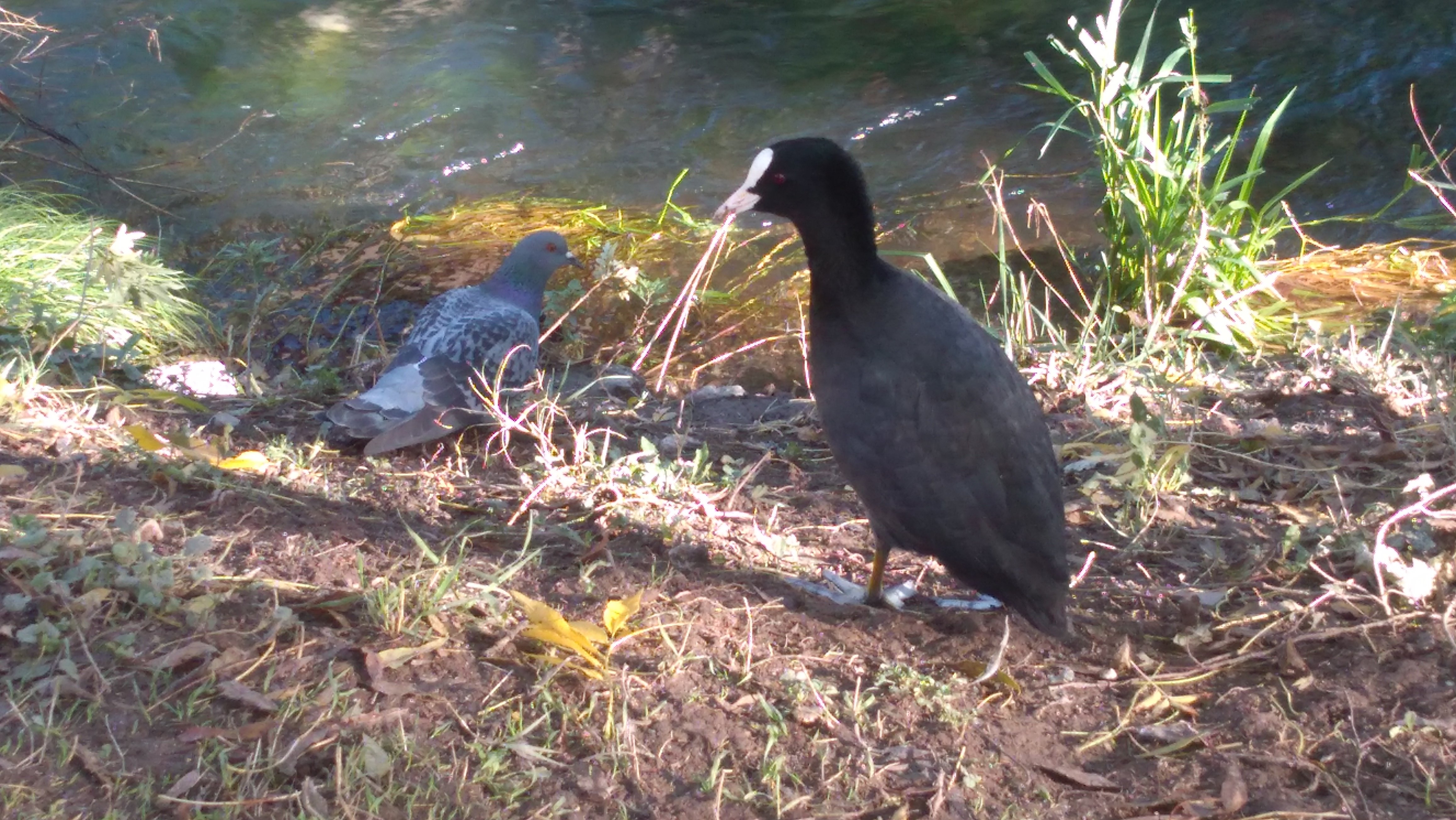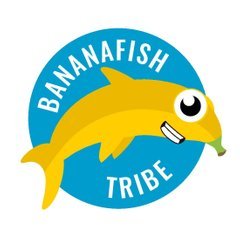Ogni settimana, @bananafish ospita un contest di haiku di cui io ho l'onore e l'onere di essere l'organizzatore e il giudice.
I partecipanti devono comporre un haiku basandosi su una foto che viene postata da me.
La scorsa settimana, ho usato questa foto che ho scattato in un momento particolare, e mi sono ripromesso di scriverci dietro un piccolo haibun trilingue, dato che i partecipanti si dividono equamente tra anglofoni e ispanofoni.
Every week, @bananafish hosts a haiku contest of which I have the honor and the burden of being the organizer and the judge.
Participants must compose a haiku based on a photo posted by me.
Last week, I used this photo I took at a particular time, and I commited myself to write a little trilingual haibun over it, as the participants split equally between English and Spanish speakers.
Cada semana, @bananafish organiza un concurso de haiku en el que tengo el honor y la carga de ser el organizador y el juez.
Los participantes deben componer un haiku basado en una foto publicada por mí.
La semana pasada, usé esta foto que tomé en un momento determinado, y me prometí escribir un pequeño haibun trilingüe sobre ella, ya que los participantes se dividen en partes iguales entre anglófonos y ispanófonos.

Il 31 ottobre scorso stavo camminando nei pressi di un canale che passa attraverso la mia cittadina, Portogruaro, che è fittamente percorsa da vie d'acqua.
Un giorno di tregua dalle piogge torrenziali che hanno flagellato il Nord-est in quel periodo, e che hanno causato ingentissimi danni, specialmente ai miei amati boschi del Cadore e della Carnia. Splendeva persino un tiepido sole autunnale.
I canali, però, erano gonfi per le piogge dei giorni precedenti, e questo in particolare scorreva alto, con una corrente molto forte.
L'acqua aveva una forza tale che una strana congerie di animali, normalmente non molto propensi a condividere uno spazio così ristretto, si assiepava con spirito di sopportazione e mansuetudine inusuali nella stretta striscia di argine tra il marciapiedi e il canale, senza fuggire al passare di noi esseri umani.
Nella foto si vedono una folaga comune (Fulica atra), che molti partecipanti al contest haiku hanno scambiato per un'anatra, e un piccione selvatico (Columba livia) che sembrano sorpresi a metà di una conversazione tra loro.
Poco dopo, mi sono accorto che un intero gruppo inter-specie condivideva il piccolo spazio: oltre agli animali citati comprendeva dei germani reali, una nutria che cercava di guadagnare la terraferma nuotando e un gatto che si aggirava sulla sponda opposta (ma troppo piccolo per poter essere un pericolo per questi animali, tranne forse per i piccioni).
Purtroppo non esiste alcuna foto a immortalare questo crocevia di specie, unite dalla piena, perché ero di fretta. Maleditemi pure, io l'ho già fatto.
On October 31st I was walking near a canal that passes through my town, Portogruaro, which is heavily traveled by waterways.
One day of respite from the torrential rains that have scourged the Northeast in that period, and that have caused enormous damage, especially to my beloved woods of Cadore and Carnia. Even a warm autumn sun was shining.
The canals, however, were swollen by the rains of the previous days, and this in particular flowed high, with a very strong current.
The water had such a strength that a strange group of animals, normally not very likely to share such a small space, would gather with a spirit of forbearance and unusual meekness in the narrow strip of embankment between the sidewalk and the canal, without escaping of us human beings.
In the picture we see a common coot (Fulica atra), which many participants in the haiku contest have mistaken for a duck, and a rock pigeon (Columba livia) that seem surprised in the middle of a conversation between them.
Shortly thereafter, I realized that an entire inter-species group shared the small space: in addition to the cited animals it included mallards, a coypu (nutria) that tried to gain the land by swimming and a cat that was wandering on the opposite bank (but too small to to be a danger to these animals, except perhaps for the pigeons).
Unfortunately there is no photo to capture this crossroads of species, united by the flood, because I was in a hurry. You can damn me, I've already done it.
El 31 de octubre estaba caminando cerca de un canal que pasa por mi ciudad, Portogruaro, que es muy transitada por vías fluviales.
Un día de descanso de las lluvias torrenciales que azotaron el noreste en ese período y que causaron enormes daños, especialmente a mis queridos bosques de Cadore y Carnia. Incluso un cálido sol de otoño brillaba.
Los canales, sin embargo, estaban hinchados por las lluvias de los días anteriores, y esto en particular fluía alto, con una corriente muy fuerte.
El agua tenía una fuerza tal que un extraño grupo de animales, que normalmente no comparten un espacio tan pequeño, se reunirían con un espíritu de tolerancia y mansedumbre inusual en la estrecha franja de terraplén entre la acera y el canal, sin escapar de nosotros, los seres humanos.
En la imagen vemos una focha común (Fulica atra), que muchos participantes en el concurso de haiku han confundido con un pato, y una paloma bravia (Columba livia) que parece sorprendida en medio de una conversación entre ellos.
Poco después, me di cuenta de que un grupo entero entre especies compartía el pequeño espacio: además de los animales citados, incluía ánades reales, una nutria (coipo) que intentaba ganar la tierra nadando y un gato que estaba vagando en la orilla opuesta (pero demasiado pequeño para ser un peligro para estos animales, excepto quizás por las palomas).
Lamentablemente no hay una foto que capture esta encrucijada de especies, unidas por la inundación, porque tenía prisa. Envìanme maldiciones, yo ya lo he hecho.
spartiscono la riva
strani compari
**
flood after the rain -
unusual mates sharing
the shore of the stream
**
se inunda el canal -
comparten esta orilla
amigos raros
All images are my own unless otherwise cited.




The House of all the Freewriters!
 Follow the Bananafish, follow its trail!
Follow the Bananafish, follow its trail!